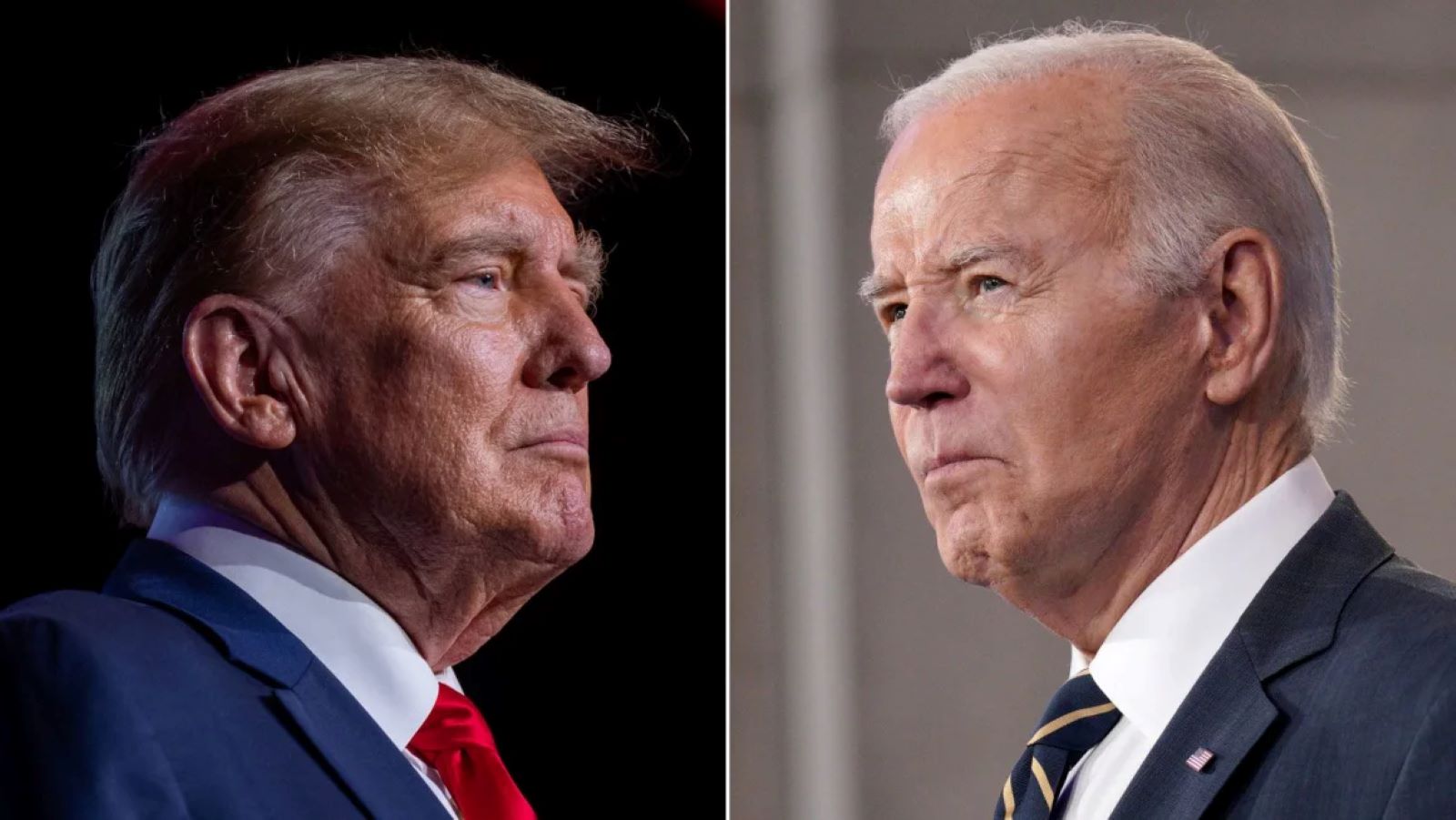The Vatican deplores “with astonishment and regret” China’s appointment of a bishop | Community
/cloudfront-eu-central-1.images.arcpublishing.com/prisa/YEUKKP3E5ZIELF4DDFNMOWDZTQ.jpg)
On Saturday, the Vatican accused the Chinese authorities of violating the bilateral agreement concluded between them since 2018 regarding the appointment of bishops, after Beijing appointed a bishop in a diocese not recognized by the Holy See.
In an unusually public outcry, the Vatican explained through a statement that it had learned with “surprise and regret” that Chinese authorities had appointed Monsignor Giovanni Peng Weichao as Bishop of Liujiang, in Jiangxi Province, a diocese not recognized by the Holy Church. We see. “This event, in fact, was not carried out in accordance with the spirit of dialogue between the Vatican and the Chinese parties set forth in the Interim agreement on the appointment of bishops signed on September 22, 2018The Vatican expressed regret, citing the agreement with China that ended decades of non-existent diplomatic relations.
This is the first time since negotiating the controversial deal that the Vatican has publicly singled out Beijing for failing to meet the agreed terms. In addition, the Holy See explained that the appointment of Monsignor Ping arose from “long and intense pressure on the part of the local authorities”, without going into further details. He warned that he was waiting for clarifications from the competent authorities and “that similar episodes do not recur,” since the movement Beijing “does not agree with the spirit of dialogue” agreed upon by the two sides in 2018. The Vatican, for its part, affirmed its “full readiness to continue a respectful dialogue on all issues of common interest,” according to the statement, which was written in a particularly harsh tone of what the Holy See is used to in this type of issue. that go beyond the strictly religious realm.
Catholic news agency AsiaNews noted that Peng was secretly ordained bishop by papal approval in 2014, four years before the agreement, and spent six months in detention at the time, accused of being a “secret” bishop. Finally, he was released, but the local authorities continued to watch his steps. However, a few days earlier he had joined the Chinese state-sanctioned organizations in a ceremony in which he was appointed auxiliary bishop of the Diocese of Jiangxi, an ecclesiastical area approved by the Chinese authorities but not recognized by Rome. According to this agency, the local bishop, Juan Bautista Li Suguang, who is also vice president of the Chinese Episcopal Conference — an entity not recognized by the Holy See either — presided over the ceremony, which was attended by about 200 people.
Now, this unauthorized unilateral election in the unrecognized diocese is seen as one of the most serious breaches of the 2018 agreement between the Vatican and Beijing on the appointment of bishops, which is still considered temporary and whose full content remains secret. Although it is known that Pope Francis agreed to lift the excommunication of seven bishops without the permission of the Vatican. The pope himself made it clear that the pope’s appointment of a bishop must be communicated to the Chinese side for approval.
An official church and a secret one
The agreement signed in September 2018, which was renewed twice, most recently last October, was an attempt to overcome old divisions. In mainland China amidst a swarm of “secret” believers Loyal to the Pope of Rome and an official church supported by the state. It represented a step forward in restoring diplomatic relations between the two countries, which were severed in 1951 following the rise of communist Mao Zedong. At that time, the Chaika established its own National Catholic Churchwhich brought Roman Catholics “underground”, something this agreement attempted to eliminate, as Beijing also recognized the Pope for the first time as the supreme leader of the Catholic Church.
Although critics of the agreement, such as Cardinal Joseph Zen, 90, the former archbishop of Hong Kong, have accused the agreement of providing too many concessions for China. Since his signing, only six new bishops have been appointed, which, to his critics, indicates that it is not producing the desired results. Opponents of the deal also point to increasing restrictions on religious freedom in China for Christians and other minorities. When the pact was last renewed, Cardinal Secretary of State Pietro Parolin, its main supporter, said that while the gains made since 2018 “may seem small,” in the context of a turbulent history, they are “important steps towards the gradual healing of the contagious wounds that have taken place.” I joined the Chinese Church.
The Vatican protest statement now comes a day after a Hong Kong court found Zen and five others guilty of failing to register a now-dissolved fund for pro-democracy protesters.

“Bacon advocate. Certified creator. Twitteraholic. Tv junkie. Beer fanatic. Internet nerd. Passionate thinker. Reader.”




:quality(85)/cloudfront-us-east-1.images.arcpublishing.com/infobae/OF4NJDPGLBEYJAZ5XZMH3OIPJ4.jpg)



